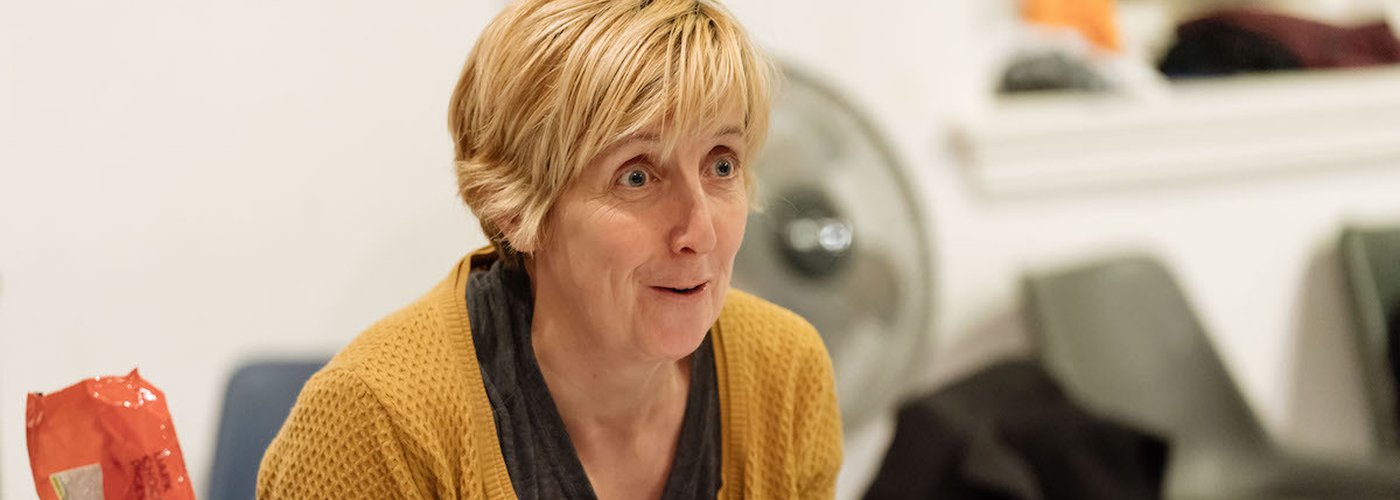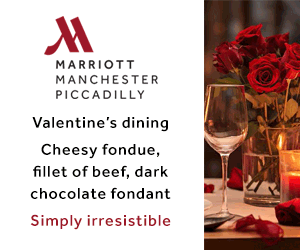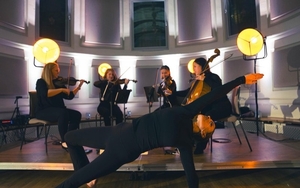Ellie-Jo chats to Julie Hesmondhalgh about The Bruntwood Prize for Playwriting and more
When I think of playwriting, the theatre, and funding for creative initiatives, the words accessible, inclusive and supportive aren’t often the first that spring to mind.
In fact, I think these things are usually seen as quite elitist, and somewhat unattainable by creatives striving to break into a bloody, cut-throat industry. Then I had a chat with Julie Hesmondhalgh on a Friday morning with a brew in hand.
When we’re watching or experiencing something together, like theatre, music, spoken word or whatever, our hearts beat in unison. Your hearts all beat at the same time and it’s a moment of massive connection that transcends all cultural division
Julie has one of those instant grin-inducing voices that got rid of my inhibitions the minute she said “hello, love”. I sat behind her recently at the Royal Exchange Theatre’s production of Nora: A Doll’s House, and all those friendly vibes that she radiates were just right there in her greeting. I mean she was Hayley Cropper in Corrie, she played the lead in Blindsided by Simon Stephens, and I think I cried nearly every time she uttered a line in the final series of Broadchurch, so I was just glad to be on the other end of the phone. Ok, that’s my gushing done, I promise.
We talked about inspiring creative opportunities, Manchester as “her city”, the lack of government funding for the arts, and all the funny bits in between. I also gained a recommendation for the endless list of “stuff to read” that sits in the notes app on my laptop.
The main motive for our chat was the 2022 edition of the Royal Exchange’s Bruntwood Prize for Playwriting, of which Julie is one of this year’s esteemed judges. However, delving into the importance of being present, what it’s like to play a part both on and off stage, and what makes a great piece of theatre, we covered the Prize and then some. We had a proper chat.
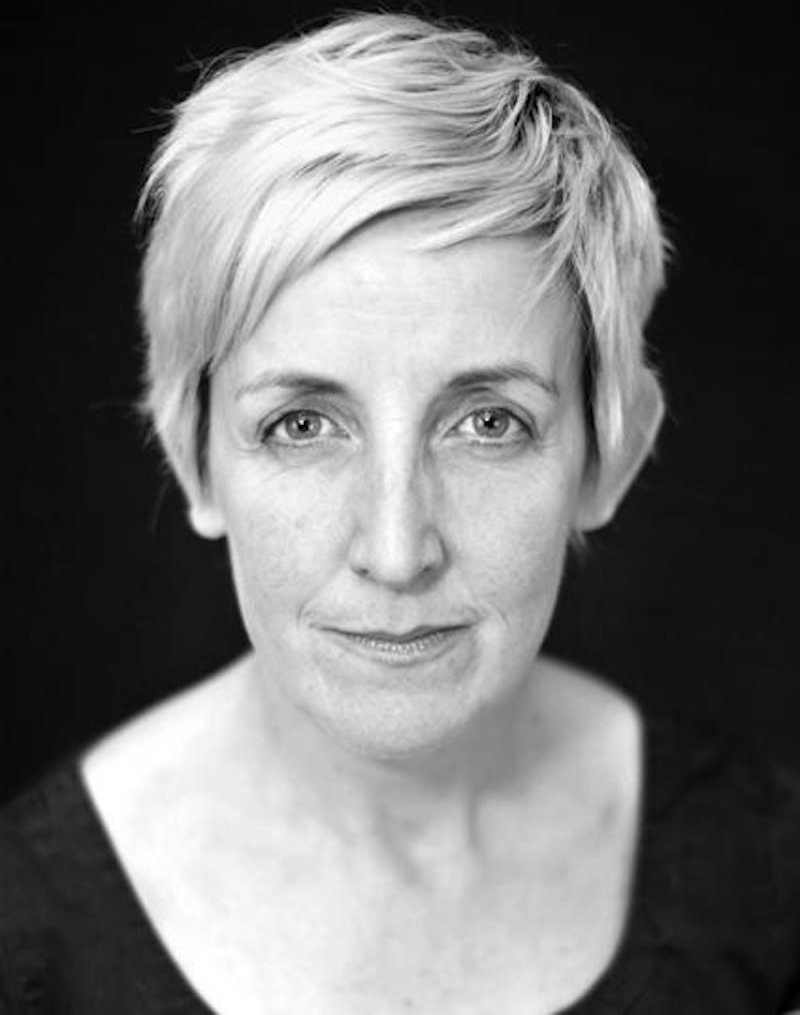
An eclectic repertoire
Julie is a Northerner through and through. Born in Accrington and now living in Tameside (we shop in the same big Tesco), a lot of her roles have revolved around incredible, gritty storylines played with heart and versatility. She was the first woman to portray a transgender character in a British soap and played the mother of Sophie Lancaster in Black Roses: The Killing of Sophie Lancaster, for which she won a Best Female Actor award. Julie’s stage appearances also span from a one-woman play about her Dad to a one-off performance of Lemn Sissay’s The Report.
A proper advocate for organisations like Arts Emergency, the National Youth Theatre and a member of the Labour Party, socialist causes are very much part of Julie’s core beliefs.
500 Acts of Kindness is also a fundraising group that the actor set up that has now become “a constant in my life and the most incredible initiative”. Encouraging 500 people to donate £1 a week for a person, family, or organisation in need, Julie explains: “this morning we’ve given the money to Phone Credits for Refugees which does exactly what it says on the tin - it gives phone credits to displaced people all over the world that are trying to get in touch with their families”. Other donations have gone to a fuel crisis charity set up by a plumber in Burnley, and free boiler services for elderly people.
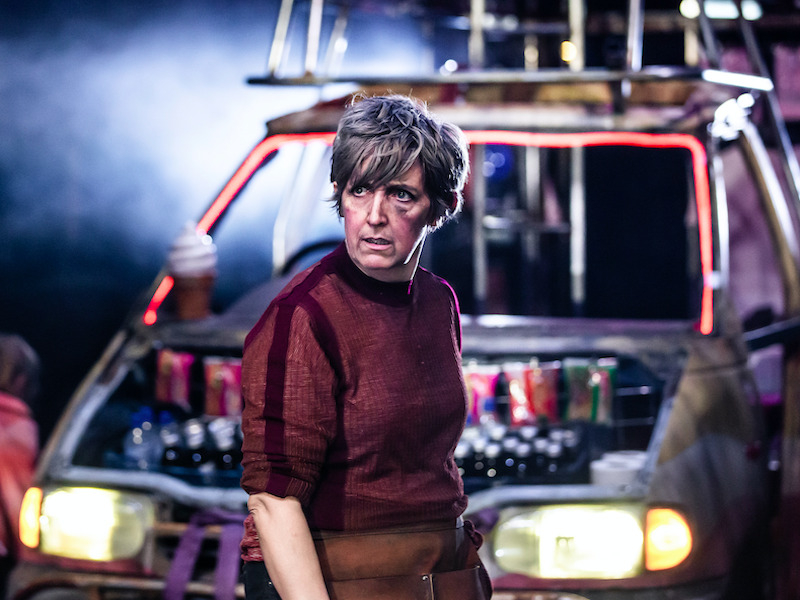
The Bruntwood Prize
The Bruntwood Prize for Playwriting is an bi-annual writing competition that runs in association with the Royal Exchange Theatre. It’s been going since 2005. Julie has been “involved in the prize in one way or another from the start” as her husband Ian Kershaw won a prize at the first awards, and she appeared in THE ALMIGHTY SOMETIMES which won The Judges Award in 2016. Some other judges on this year’s panel include BBC radio and TV presenter Nihal Arthanayake, Olivier-Award-winning Director Miranda Cromwell, and the winner of the competition’s International Award in 2019, Kimber Lee.
Julie says, “What I love about the prize is how egalitarian it is. I love that it's anonymously entered it’s a complete level playing field, and you can have people who are experienced and have written loads of plays before alongside those who’ve literally never even given it a go”.
Reflecting on the judging panel for this year’s Prize, she continues, “All these entries will be judged by a huge swathe of people from diverse backgrounds, all involved in the artistic community in different ways and some of which are the absolute behemoths of British theatre. There are directors, producers, dramaturges, actors, and it’s just a truly wonderful, inclusive thing”.
In an industry that’s far from inclusive in many ways. “It's very, very hard to break into that world," says Julie. "Things like the Bruntwood won’t cost you anything, and someone will read your play and it will be considered. The act of writing itself, whether you make the long list or not, is something that encourages people to try new things, and that can only be a good thing”.
The Bruntwood is now recognised as a launchpad for some of the country's best screenwriters and playwrights, and the winners will enter into a development scheme with the Royal Exchange Theatre itself, helping to bring their work onto the stage.
This year’s categories include one overall winner who wins £16,000, one runner-up who receives £8,000, The Judges Award, and the International Award. As Julie summarises, “It's proper. It’s not tin-pot in any way. The money is good and it's not just like ‘oh here’s some money, you won, go off into the world’, it’s about creating relationships with the theatre and its wider communities”.
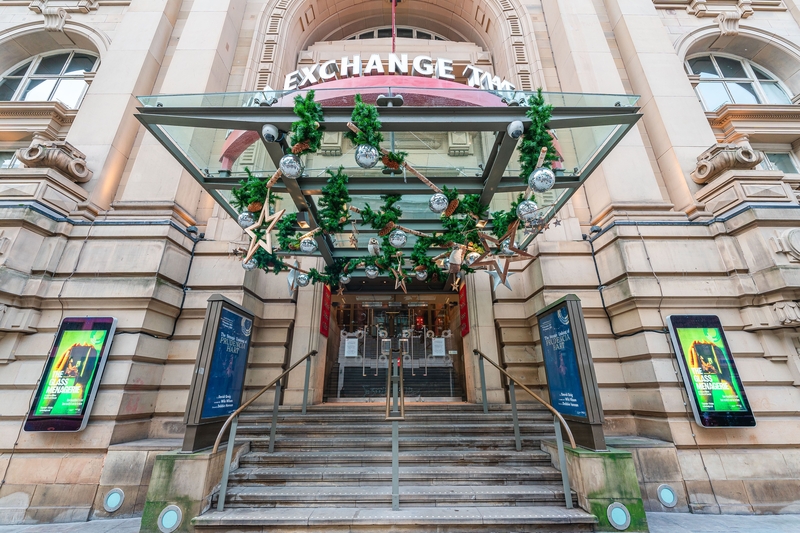
Big up Manchester
A prize of this calibre being held in Manchester is incredible. I mean, we do things differently here, don’t we, Tony? Julie echoes this sentiment as she explains, “The thing I love most about The Bruntwood Prize is that it’s Manchester-based. It’s so unusual for something of this sort of weight and prestige to be based in our city. You know, it’s usually London-centric and it's an amazing thing that we are finally the hub for something like this”.
Over the last few months, I’ve been privileged enough to chat to Nomad Clan and Pete Obsolete about their artistic practices, as well as Keisha Thompson, who is soon to take over as the new CEO of Contact Theatre - they’re all from Manchester too, just saying. As well as prizes like the Bruntwood being based up here, Julie constantly talks about how the city has come on in leaps and bounds in terms of its creative endeavours:
“I think that regional theatres are starting to employ regional people, which is great. For the longest time, people had to travel from the North West to London to audition for plays in Greater Manchester and there was a real snobbery, even in some of the northern regional theatres. The Royal Exchange had a reputation for this a long time ago, but now we’re finally realising that there’s a rich pool of talent that exists here. We just have a real can-do attitude, and people are just getting stuff done. It's a really beautiful thing to see”.
This year’s 2022 Bruntwood Prize for Playwriting also sees the introduction of the North West Original New Voice Award and Residency in recognition of its Manchester home. The winner mustn’t have had any previous professional productions and must be based in the North West of England. In addition to winning £8,000, they also get a £10,000 fund dedicated to their professional development. As Julie explains, “This residency will give somebody the space and time to develop their practice, and encouragement and support from the theatre will mean that they can develop their voice. It’s very clearly saying ‘this is what this region has to offer’ and it’s so exciting”.
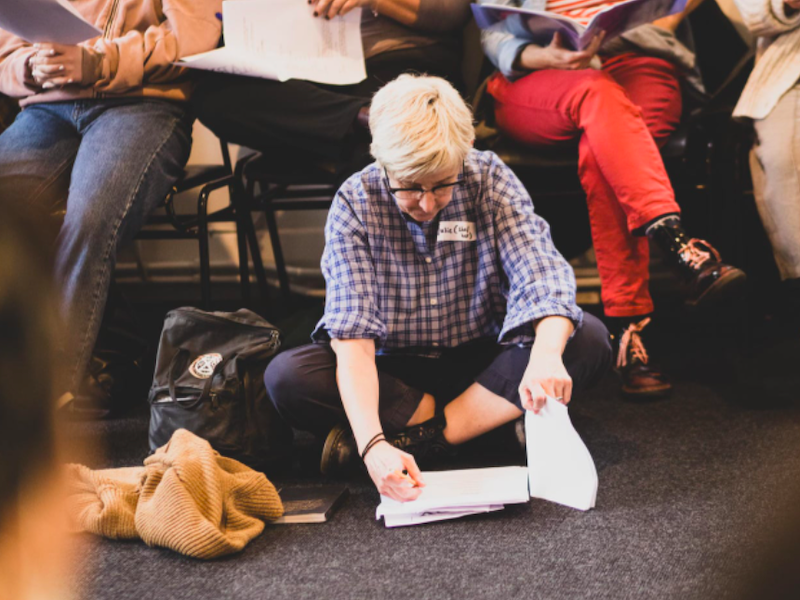
Something that makes my heart beat faster
Without having to give away too many hints about her Bruntwood judging tactics, I asked Julie what she looks for in a good script. What gets you excited about a piece of writing? What makes for good theatre?
“I think all of us are probably looking for stories that we’ve not heard before being told in new ways,” she says. “I don’t really know what that looks like yet, but there’s a real excitement about reading something that you don’t know anything about. New stories from new perspectives that are told in exciting ways”. Despite being in a global pandemic over the last two years, Julie feels that “the roof has been blown off recently when it comes to new ways of telling a story. It’s quite unusual to read a traditional play now”.
The esteemed actor isn’t picky when it comes to the actual structure of a piece, as something with loads of dialogue can be as exciting as something super out-there: “It's just got to have a ring of authenticity to it, something that sparkles and makes me really believe I’m in the room. There are no rules”. When it comes to starring in something herself, “People often say to me, ‘what part do would you love to play?’, but I always have to say ‘whatever it is, it’s not been written yet’. I just love new writing, and when I read new stuff it literally makes my heart beat faster if I’m into it. That’s what I’m looking for, something that makes my heart beat faster”. No pressure playwrights.
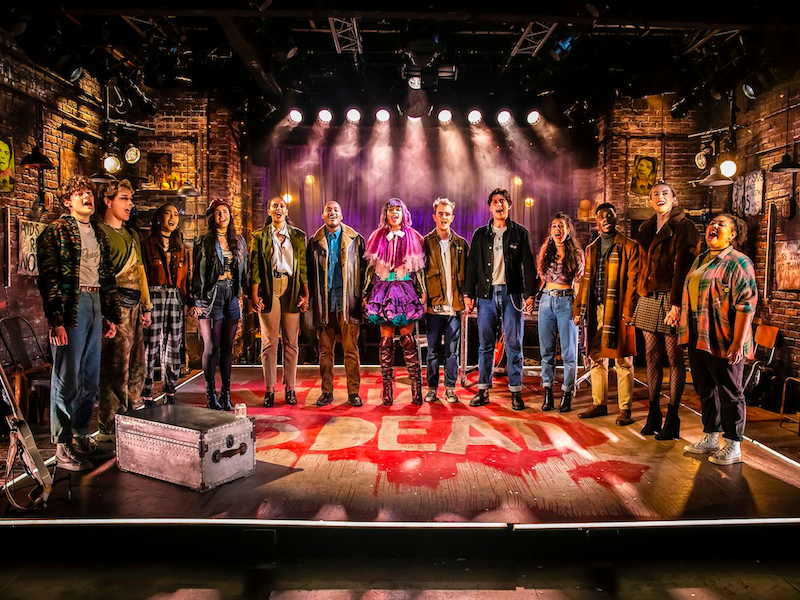
Stuff to get excited about
Asking Julie about the things she’s most excited about in Manchester right now was like asking me to pick my favourite show tune. With a list as long as her reign on Corrie, she talked about tons of small places doing great things with even better people behind them.
Talking about the benefits of being a Manc, Julie emphasises that, “We can live a little bit more for less money, which gives you a bit more freedom to make work, and there are way more people who have energy and time and resources up here compared to London”. This leads to great things, inevitably, and some notable creative powerhouses for the actor include “Hope Mill, a place that isn’t the Royal Exchange or The King’s Head or Gulliver’s, but bridges this gap between those big names and the smaller fringe theatres. We’ve just never had a venue like that until now”.
Carrying on with the list, “There’s Box of Tricks, 53Two, Her Productions, who just did an all-women version of A Midsummer Night’s Dream, and Oldham Coliseum. There are also people like Hannah Ellis Ryan who used to be at Hope Mill, who have really shifted things in Manchester. She just makes stuff happen and that affects all the people around her, she’s such a template and is working about 15 hours a day, but it's that drive that’s inspiring”. Julie also commends bigger venues like HOME, the Contact, and Oldham Coliseum for embracing young talent and realising what they have right before them.
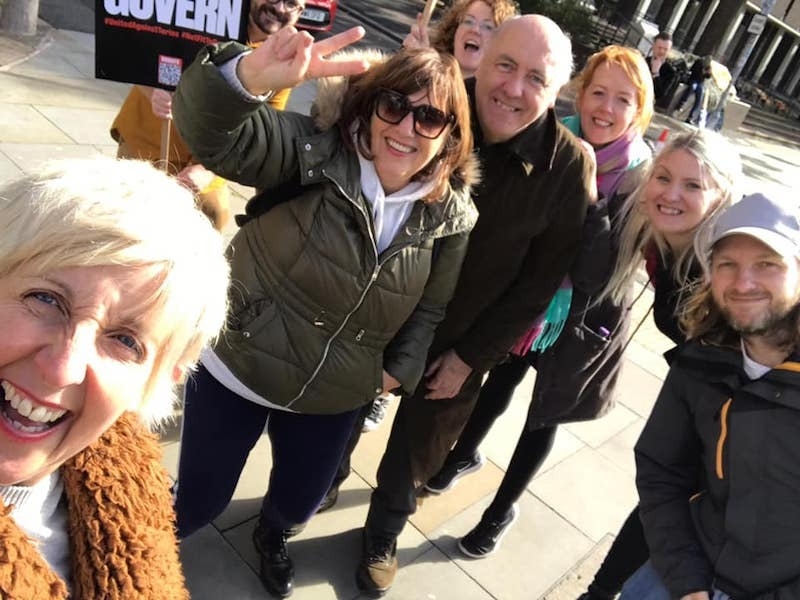
'Working against a shit show'
Another bonus for MCR comes in the form of the council, an institution that Julie believes “despite its faults, of which there are many, is very very committed to arts and culture, and I believe that thriving cities start from that place”.
But things aren’t always so rosy at the mo as she explains that “access to the arts is becoming more and more limited, from arts education and cutting back in schools right through to all the unpaid opportunities that just immediately exclude anybody who’s got caring responsibilities or is on a low income”. Putting it concisely, Julie stresses, “We’re working against the shit show that is the government, who really have no interest in equal access to arts and culture at all. They’ve proven this over and over again, so things like the Bruntwood Prize are so necessary”.
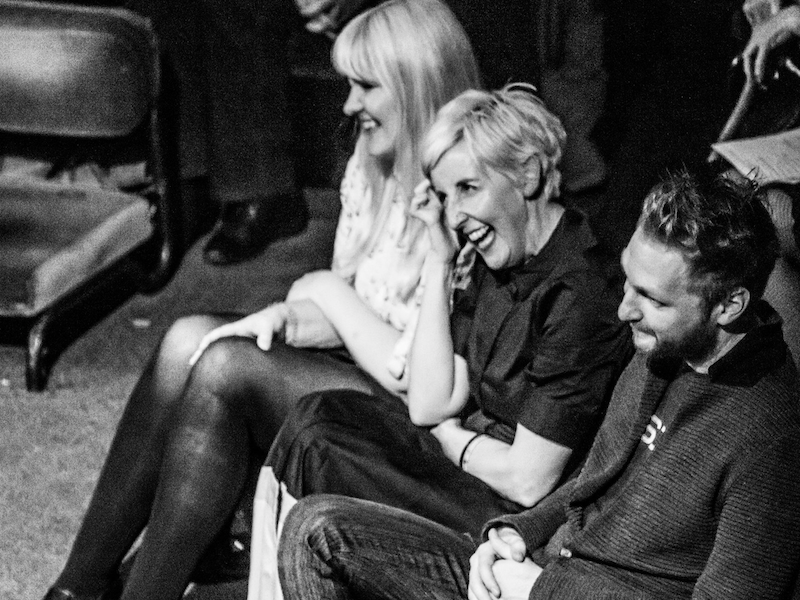
Be more Laughing Man
Whilst sitting in the audience at the theatre, I’ve laughed ’til I’ve cried and cried 'til I’ve laughed at loads of musicals, plays, ballets, etc. Julie Andrews is number one on my list of “celebs I’d want to have dinner with” too. For Julie, Hesmondhalgh, not Andrews, the theatre is also an emotional experience as she admits “I go to watch a musical and I just weep with joy, if I could sing or dance, that’s all I’d do”. A woman after my own heart.
We laugh about those audience members that sit there with no tell-tale expressions at all as she mentions a recent audience at HOME’s The House With Chicken Legs that were “captivated, but really quiet”. Explaining that this is “a nightmare when you’re on stage, as some audiences just don’t exhibit joy in the same way,” she says, “They always come up afterwards and say ‘oh I loved it, you were great’, but on stage you just couldn’t tell. I can’t relate because I’m always clapping or smiling or singing or whatever I’m feeling at the time, I’m the best audience member in the world”.
Then Julie asks me if I’ve ever met the infamous “laughing man of Manchester”. I admit that I haven’t, but she explains that “at every single play in Manchester he’s there, and he laughs like this [cue a Santa-style belly laugh]. Everyone goes backstage once they’ve been on and says ‘laughing man’s here’. He’s a Manchester legend. I guarantee that you’ll see or hear him now I’ve said it, and he’s an absolute institution in Manchester. I think we should all be more like laughing man”. If you know who this iconic chuckler is, please let us know.
I spoke to Suz
Always keen to chat to the other people involved behind the scenes with initiatives like The Bruntwood Prize for Playwriting and The Royal Exchange, I also spoke to Suzanne Bell, or Suz, the theatre's in-house dramaturgy (more about her role in the video above).
Singing from the same hymn sheet as Julie, she explains that “it's amazing to just see the scripts come through, see people engage with writing and creativity, and seeing people who never thought they could write a play before sending something out into the world”. As one of the many people who nurtures and guides those that win the prize, Suz helps to facilitate their dreams: “I hope that they see the Royal Exchange as a potential home for them as an artist, they should be ready to go on a real journey with us”.
In terms of what Suz looks for as a dramaturg, a good piece should be “asking the audience to engage with their imaginations, whilst remaining utterly truthful to the emotional heart of a piece of work”. When it comes to fun stuff going on in Manchester, she’s buzzing for Hedwig and the Angry Inch at HOME, the Autumn season from the Exchange itself, and reading plays by more new writers from Manchester. “I think we’re in a really fruitful and creative time” she adds.
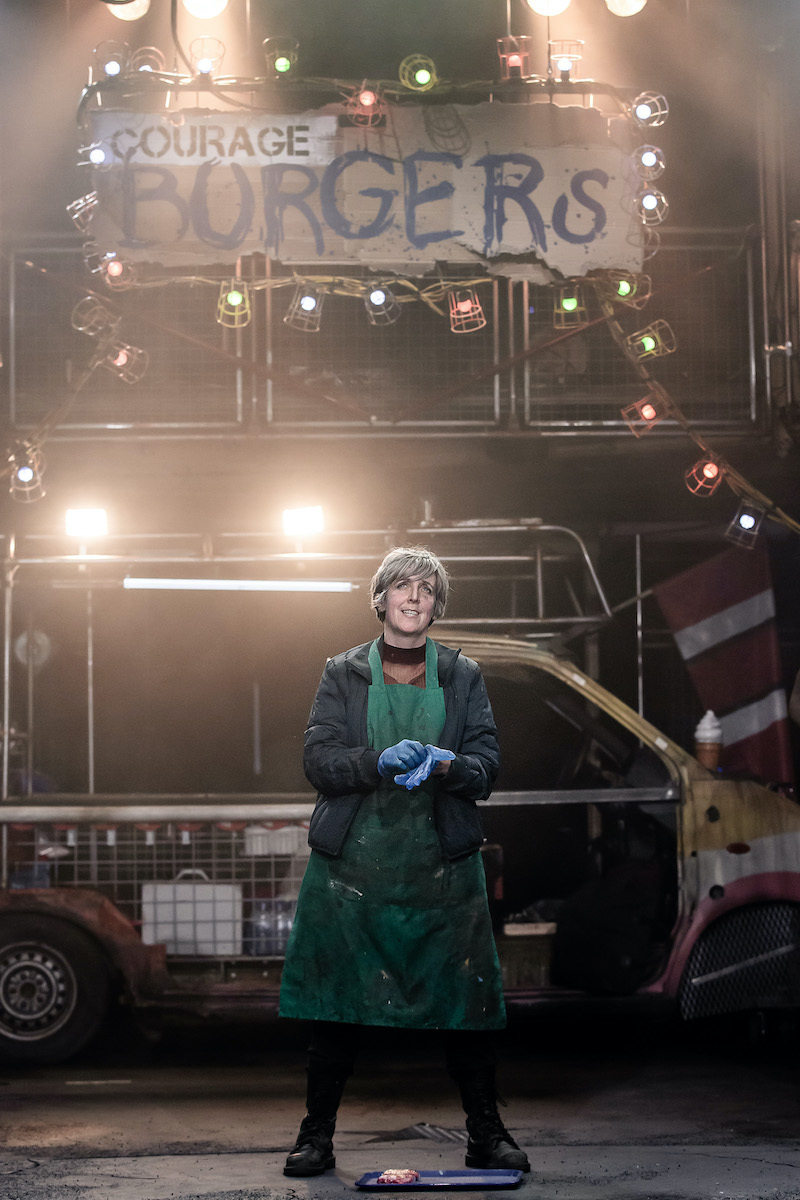
Be there or be square
Back to Julie, A massive takeaway from my chat with her is the importance of being present with these kinds of things, just having a go, seeing things you’ve never seen before. Art for art's sake is a massive thing, and as the stage and screen star emphasises, “In our wider culture, there’s very little credence or celebration around making things for making thing's sake. You know, just doing things for the love of it and the love of the studying that goes along with it, not always focusing on the end goal but embracing the actual process”.
A book recommendation then comes in the form of On Connection by Kae Tempest. I jot it down straight away. Digressing on the importance of being there and embracing the arts, Julie explains that in the book, “It describes that, when we’re watching or experiencing something together, like theatre, music, spoken word or whatever, our hearts beat in unison. Your hearts all beat at the same time and it’s a moment of massive connection that transcends all cultural division. That’s what these things are about, you can’t have that watching telly on your own, you need to connect with others and embrace the things for the health of society. These experiences change people’s lives”. Noted, in bold.
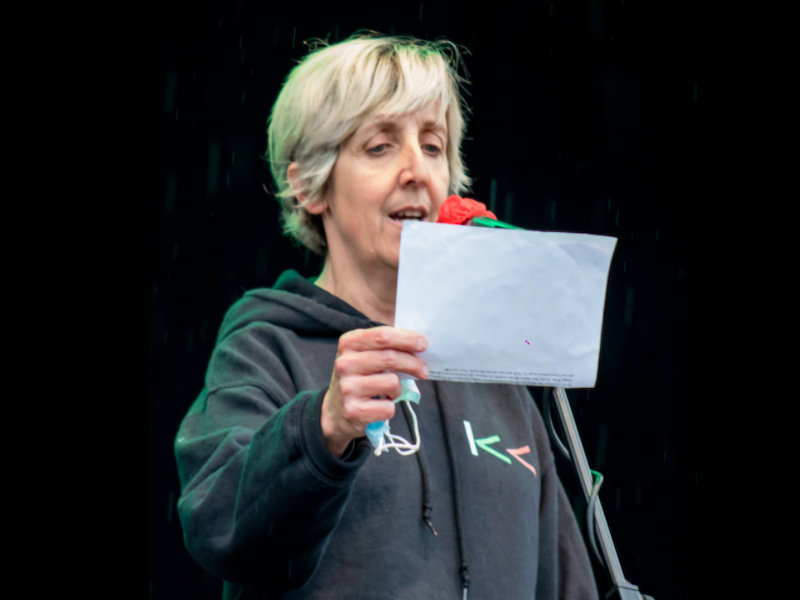
I wanna write a play
I mean, I really wanna write a play now too, so I’ll give you all the details for entering this year’s Bruntwood Prize for Playwriting. Whether you’re an esteemed writer who’s done pretty well for themselves, or you’ve just got a few lines here and there scrawled into a notebook, you can enter. Submissions for the 2022 prize are open until Monday 6 June and can be submitted online at any point before the deadline via https://www.writeaplay.co.uk/.
A shortlist of 15 plays, 10 from the UK and 5 from across the globe, will be announced on 24 October 2022. The winner will be announced at the proper awards ceremony in Manchester on 14 November. The prize is “brilliant”, “extraordinary” and “will be able to create a significant opportunity for a writer from our region” explains the Joint Artistic Director of the Royal Exchange, Roy Alexander Weise. Write something, put yourself out there, and just have a go, do Julie proud.
If you’re looking for a current programme of shows and events from the Royal Exchange, there’s loads of great stuff on from now until the end of the year. I mean, there always is.
Read next: Arts, theatre, gigs: Manchester's cultural calendar for 2022
Read again: The power of youth: Keisha Thompson takes over as Contact CEO
Get the latest news to your inbox
Get the latest food & drink news and exclusive offers by email by signing up to our mailing list. This is one of the ways that Confidentials remains free to our readers and by signing up you help support our high quality, impartial and knowledgable writers. Thank you!





